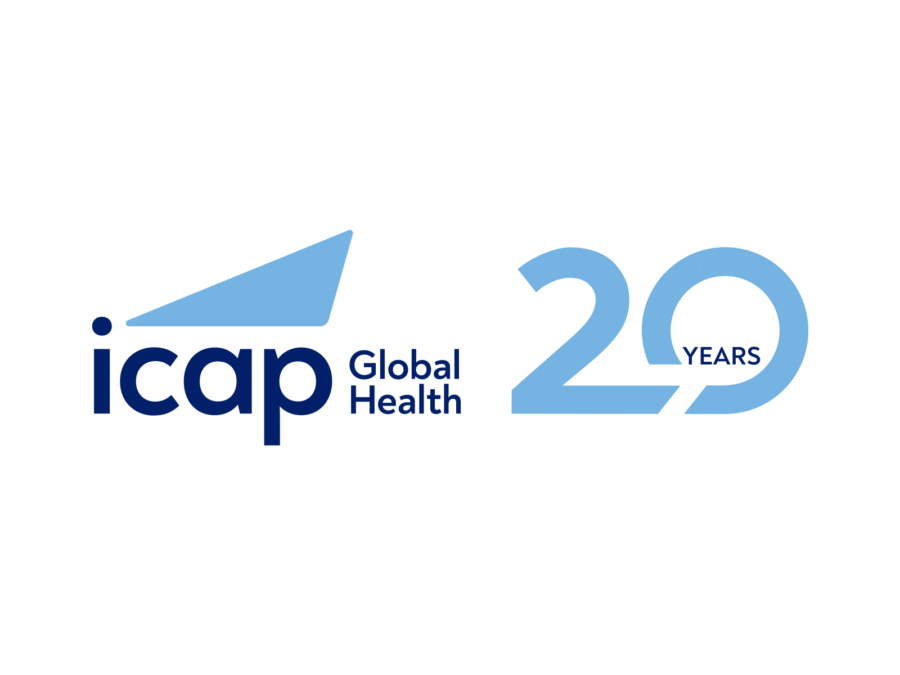Nur-Mossa Ahmed has grown up in a refugee camp in Ethiopia. His parents are refugees from Somalia, and his home has always been the camp in the small town of Kebri Beyah, about 754 kilometers (469 miles) east of Addis Ababa.
At one of the health centers built by Administration for Refugee and Returnee Affairs (ARRA) and supported by United Nations Higher Commission for Refugee Affairs (UNHCR), he was trained as a lay counselor for HIV/AIDS.
What Nur-Mossa has found is that cultural and religious taboos regarding HIV are prevalent in the Somali population. The Somali population is predominantly Muslim, and within the community it is often said that HIV isn’t an issue for Muslims. When Somali patients are offered HIV Counseling and Testing, almost all are willing to undergo HIV testing, but many are reluctant to accept a positive result. The community lacks correct information about HIV, and those who are living with HIV suffer from serious stigma. Thus, there is underutilization of HIV care and other HIV services.
To overcome prevailing misconceptions about HIV, programs are training community counselors like Nur-Mossa to reach to others in their communities. Coming from the same cultural and religious background, these lay counselors can help overcome misconceptions and improve the quality of the services in the community.
The Kebri Beyah ARRA Health Center started providing comprehensive HIV services in 2007 with support from ICAP. By bringing services closer to this community, it is helping the camp’s estimated 17,000 residents access HIV testing, education and counseling as well as care and treatment.
Community counselors help address the shortage of trained counselors. They also fill the communications gap between health care providers and patients, who are often from different cultural and religious backgrounds. Alem Darge, who works as an HIV counselor at Jijiga Health Center, noted how community counselors speak with clients using terms and references that are relevant to their own backgrounds.
Dr. Yusuf Mohammed, Deputy Head of Somali Regional Health Bureau, said, “Compared to other regions, the region has gaps in addressing issues related to HIV. Training and deploying community counselors could contribute to changing the attitude of people towards the transmission and spread of HIV in the communities.”
The community counselors training, the first of its kind for the Somali Region of Ethiopia, took place from April 26–June 4, 2010, in Jijiga town. Twenty participants drawn from 19 ICAP-supported sites (six hospitals and 13 health centers) attended the training. The training was organized by ICAP-Ethiopia and the Somali Regional Health Bureau.








